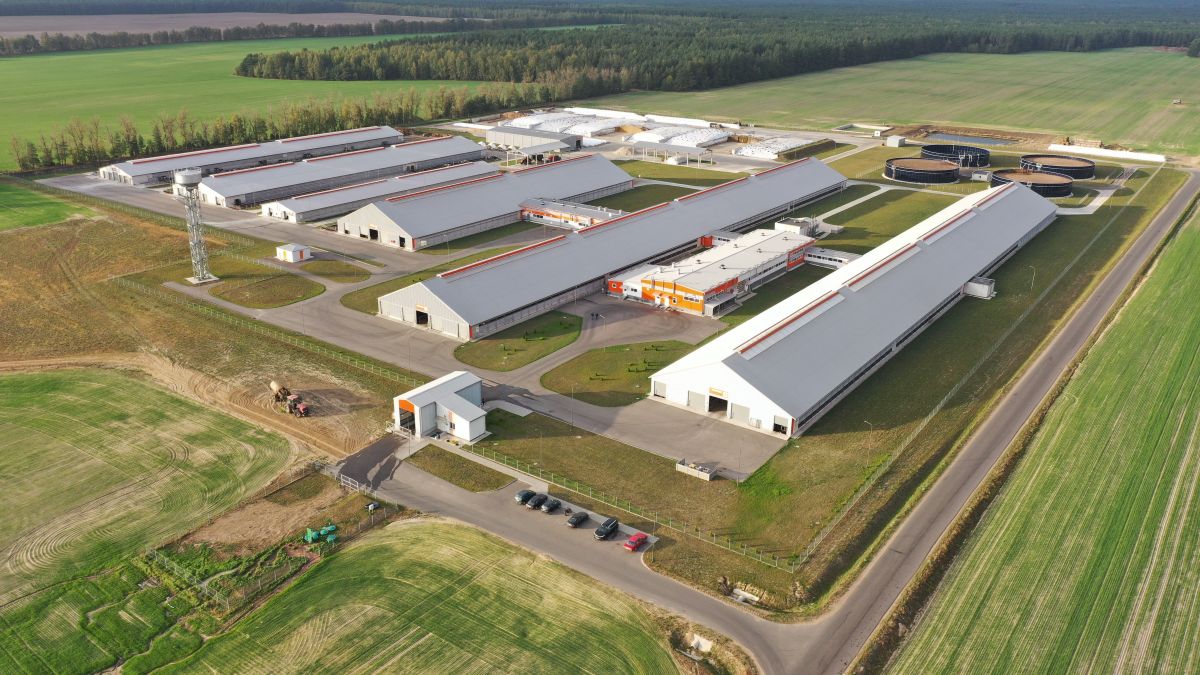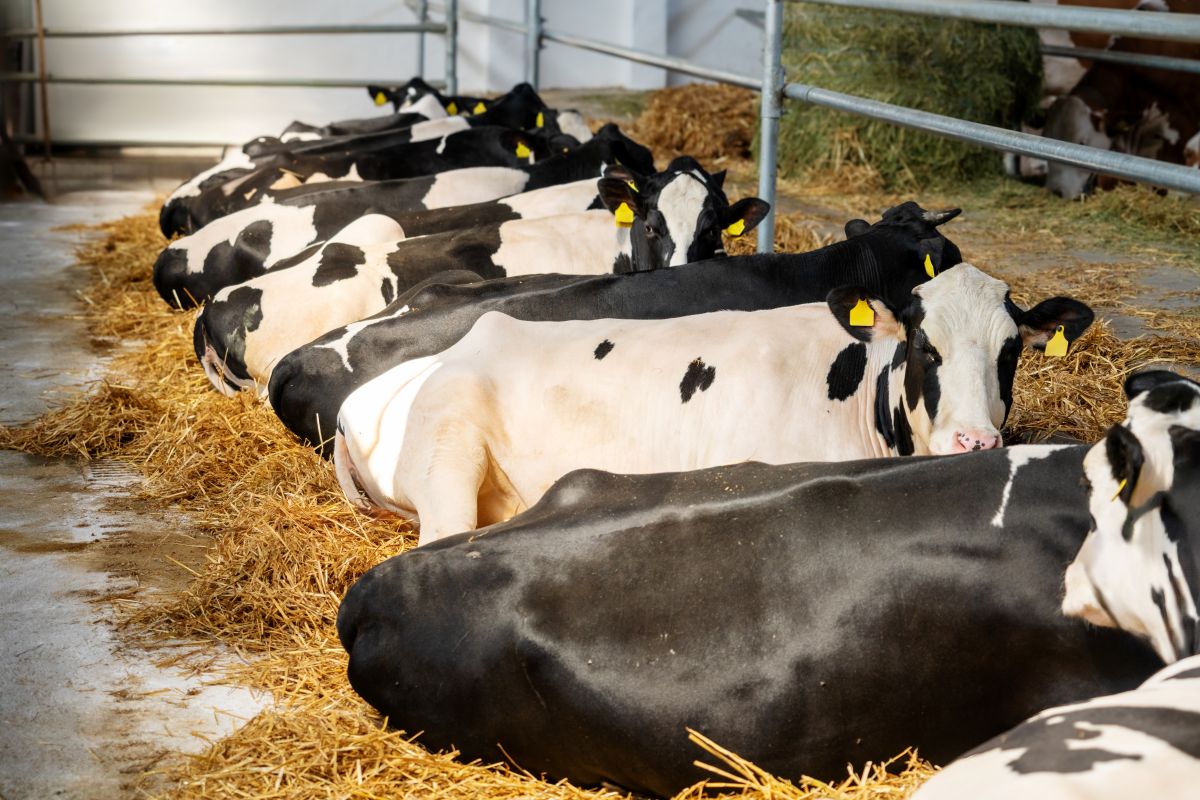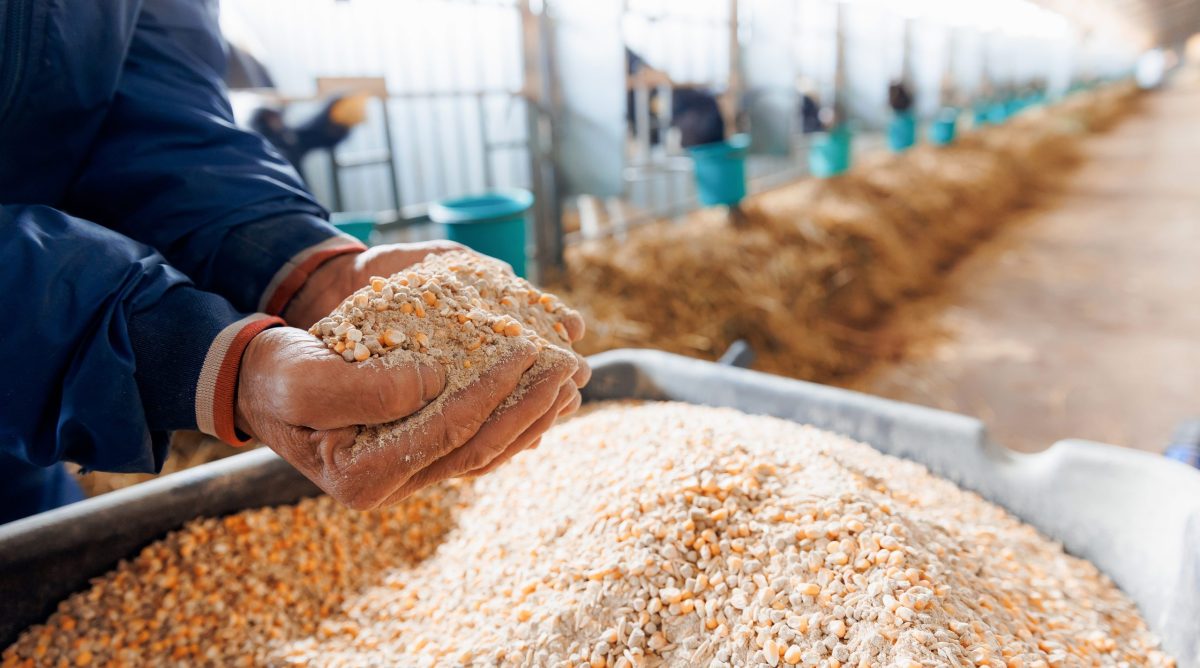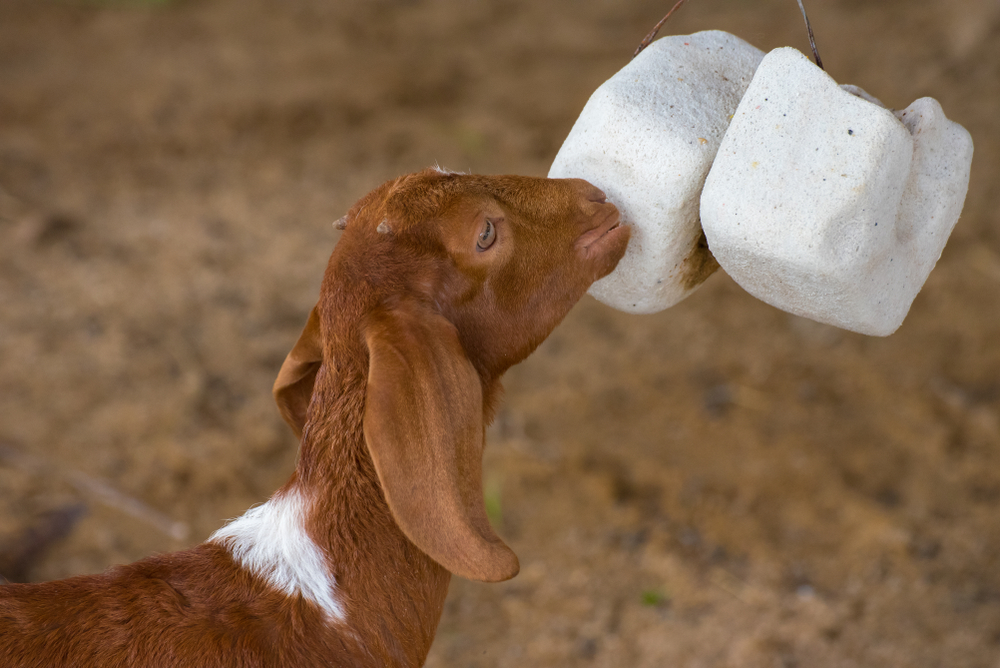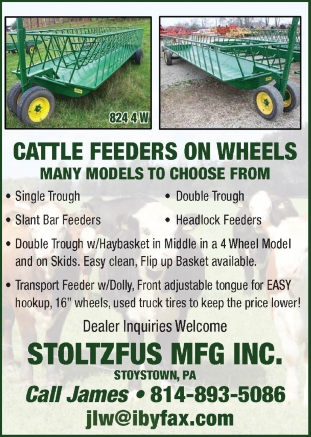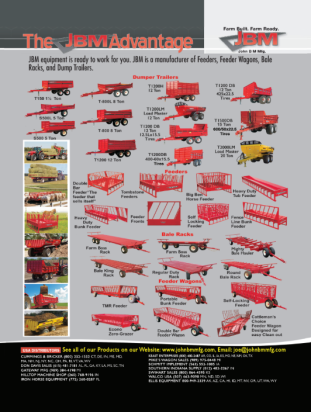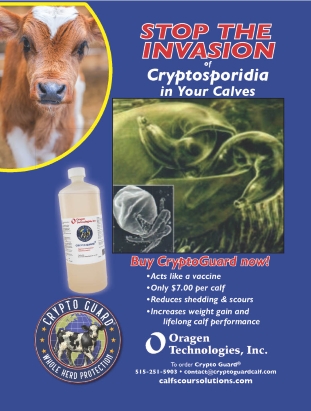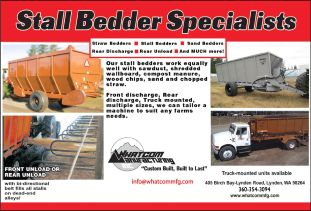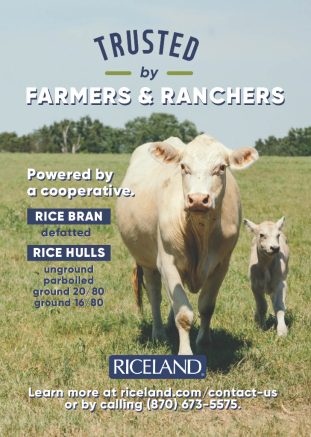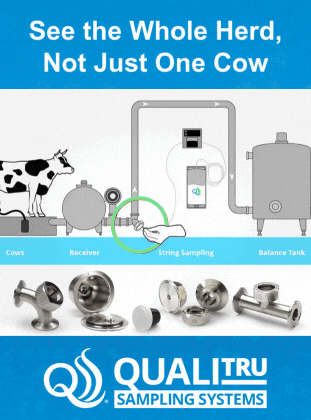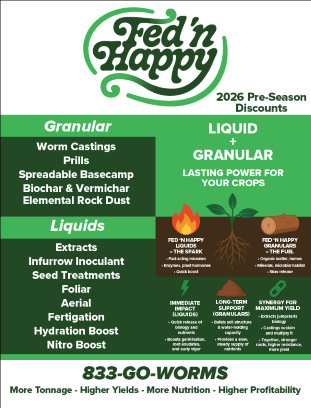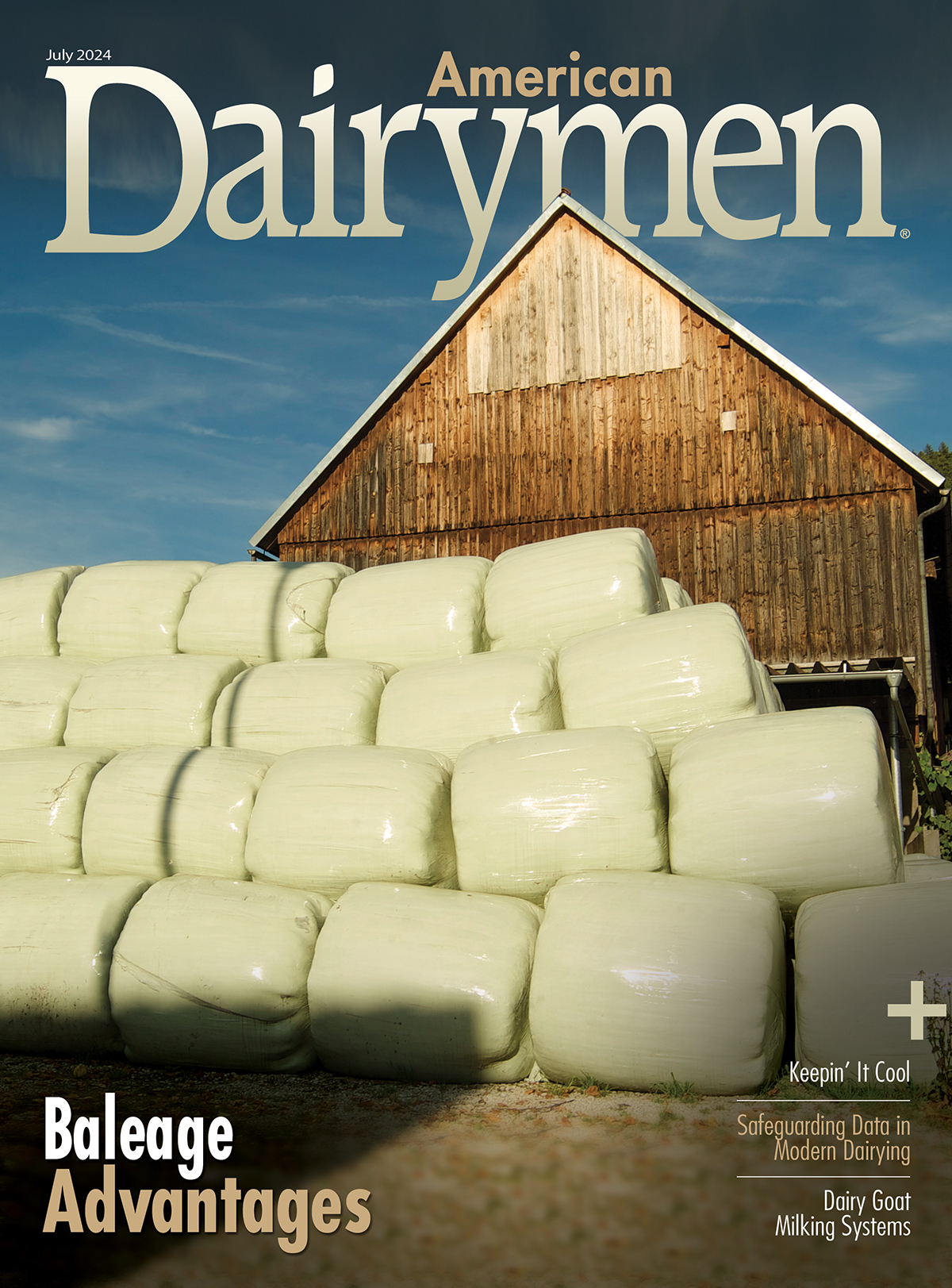Check Out Our Current Issue!
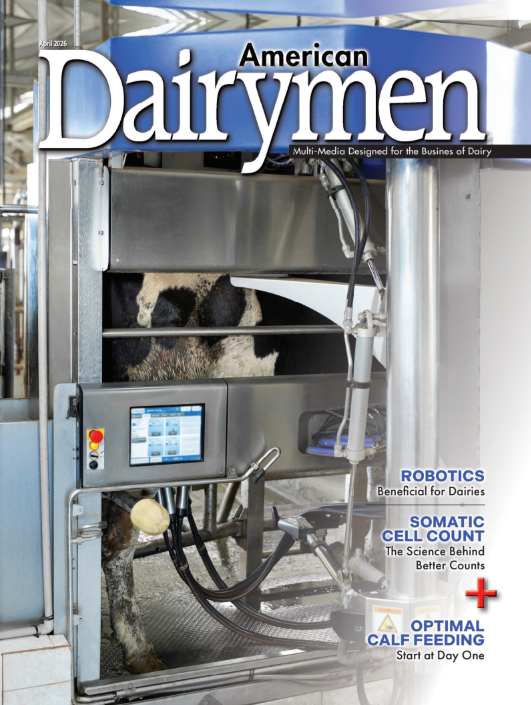
In this Issue of the American Dairymen | April 2026
- Optimal Calf Feeding from Day One
- Robotics Can Be Beneficial for Certain Dairies
- The Science Behind Better Somatic Cell Counts
Click Here To View This Issue Now!

DCRC Webinar Explores the Impact of Heat Stress and Gut Health
DCRC Webinar Explores the Impact of Heat Stress and Gut Health on Animal Health New Prague, Minn. (October 30, 2024) – “Integrating our understanding of stress physiology” headlines the Dec. 6 Dairy Cattle Reproduction Council (DCRC) webinar. The free webinar starts at 1 p.m. Central time (USA/Canada). Erin Horst, Elanco Animal Health dairy technical specialist, […]
READ MORE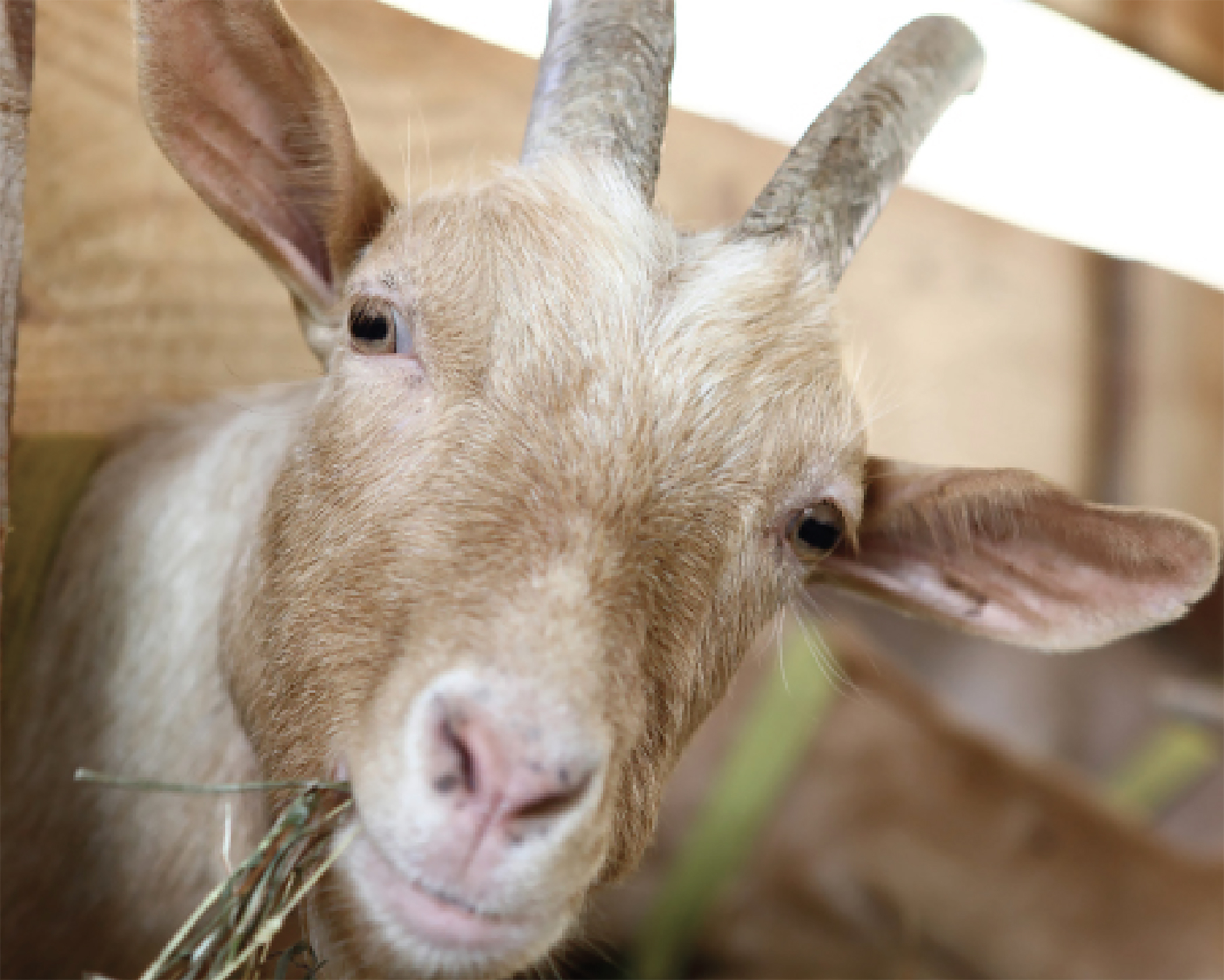
Winter Management Practices for Goats
Winter Management Practices for Goats Frequent scratching may indicate your goats have lice, which needs to be controlled. With all animals, winter is a stressful time. We, as livestock owners, can help reduce that stress by providing our animals with the proper care, feeding and management practices to help ensure our animals thrive during the […]
READ MORE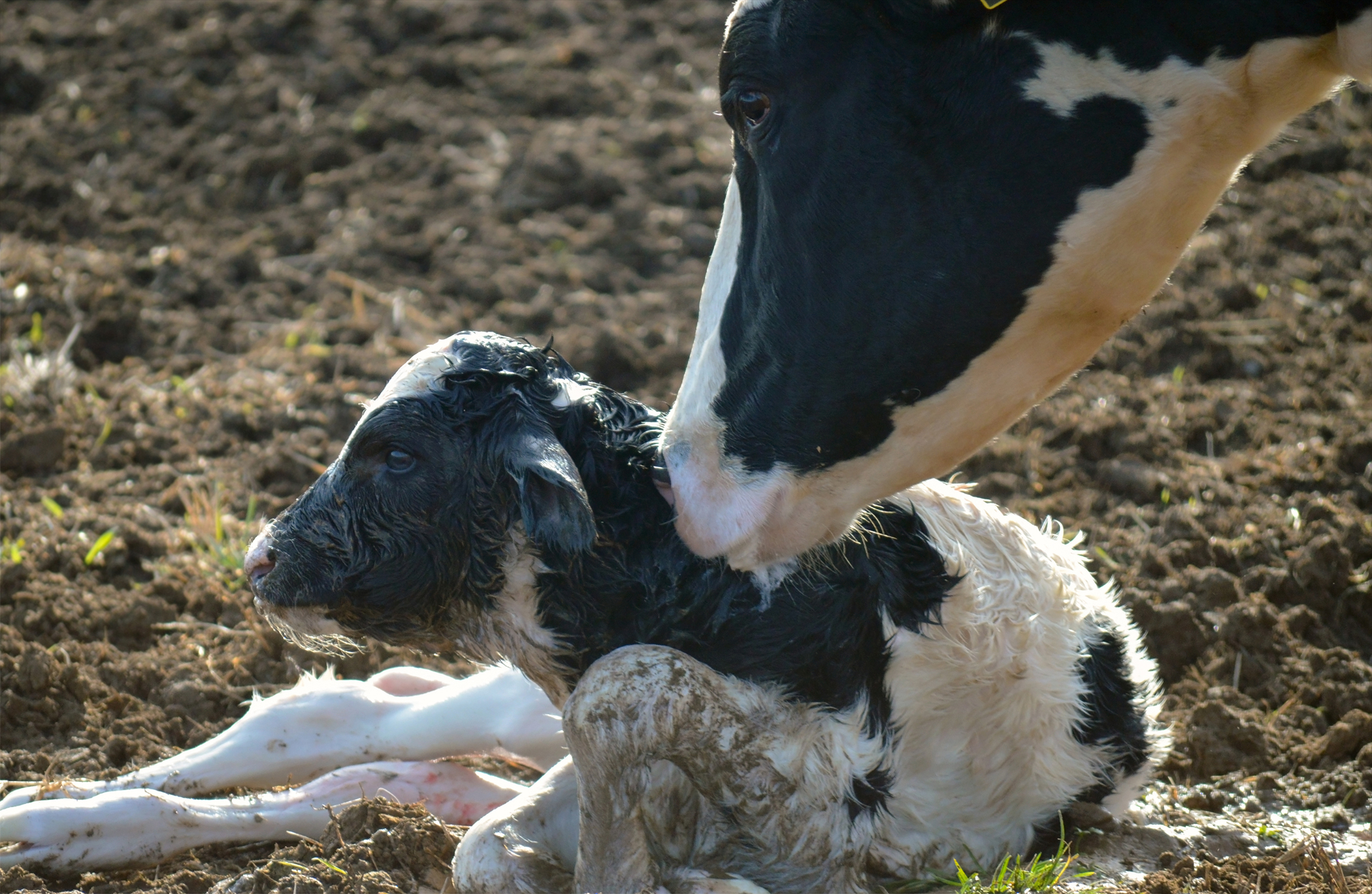
Coccidiosis in Dairy Cows
Coccidiosis in Dairy Cows By Heather Smith Thomas Bovine coccidiosis is one of the major diseases in young calves. It can quickly and easily spread, and can have devastating effects on calves. Coccidiosis occurs wherever cattle are raised; all adult animals harbor some of these protozoan parasites and shed a few in their feces, but […]
READ MORE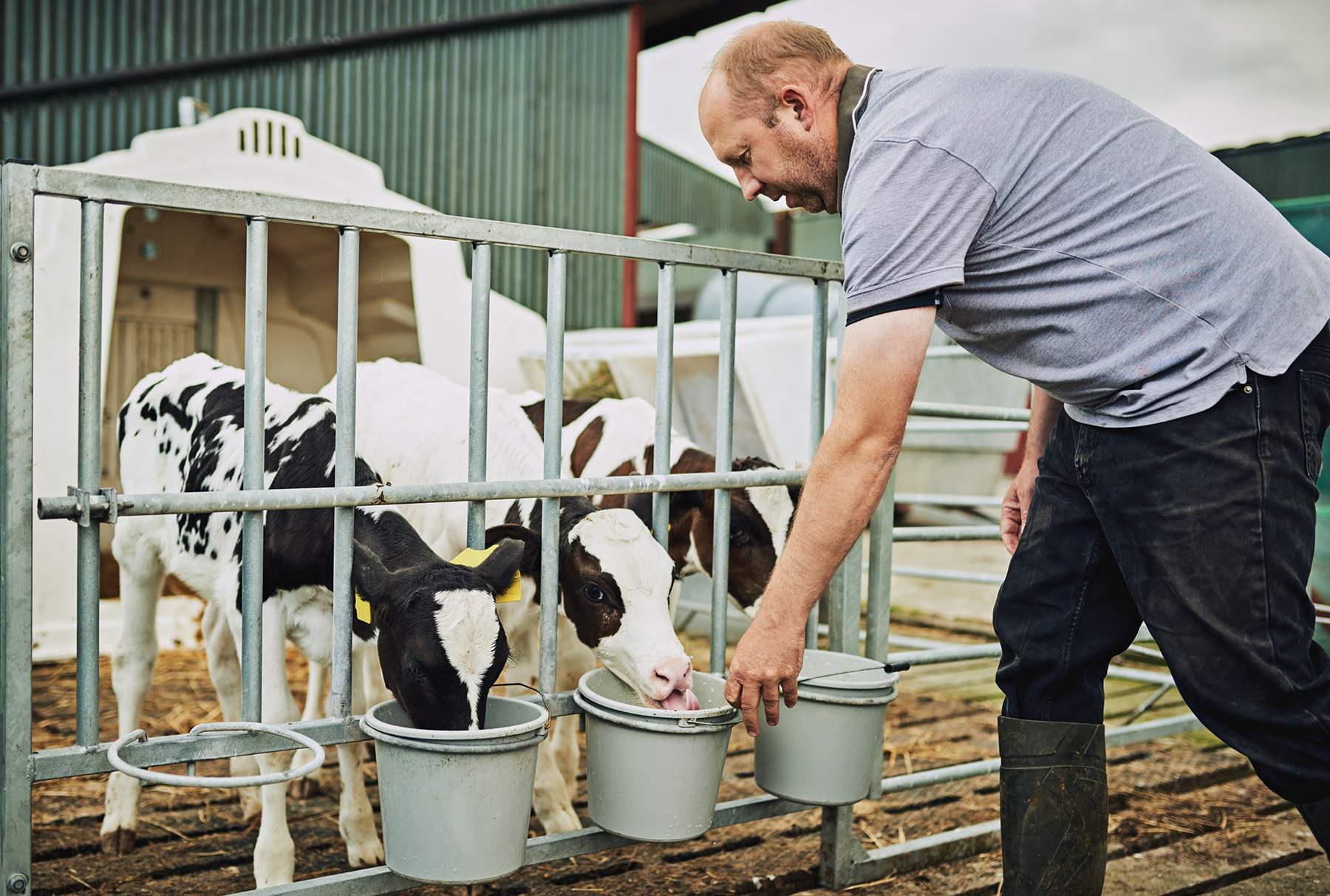
Calving Pens: Be Safe, Secure & Efficient when Calving
Calving Pens: Helping the Calving Process Be Safe, Secure & Efficient Calving pens have changed significantly in recent years – evolving from the traditional manual headgate attached to two posts with adjacent panels. Today, calving pen designs are focused on the safety and well-being of the rancher, cow and calf. From semi-circular designs to portable […]
READ MOREFeatured Story
Regenerative Agriculture on a Dairy Farm
Paul and Erin Kernaleguen are dairy farmers and soil consultants near Birch Hills, Saskatchewan, committed to regenerative practices in growing forage for their cattle. They farm with Paul’s Parents, Jos and Brenda.
“We were a very conventional dairy operation until 2012 when we started looking at doing some things differently because our weather was super-wet for a couple years. Our average annual precipitation is about 12 inches of moisture, but we’d had two years in a row with about 40 to 50 inches, which made farming extremely difficult!” says Paul.
Twin Rivers Media
Publisher of American Cattlemen and American Dairymen magazines. Founded over 30 years ago, Twin Rivers Media serves the information and marketing needs of America’s beef and dairy producers.
In addition to our industry leading print magazines, Twin Rivers Media is a comprehensive multi-media communications company reaching producers and suppliers across all media channels.


